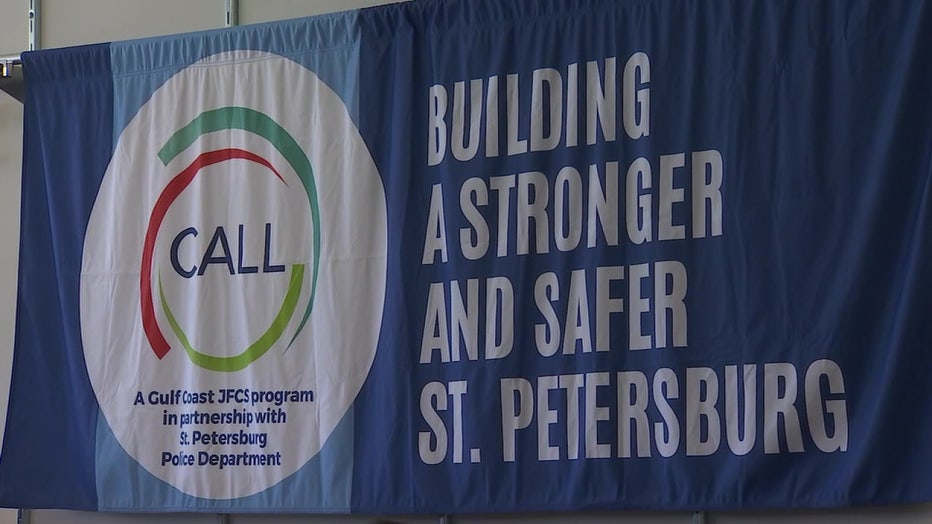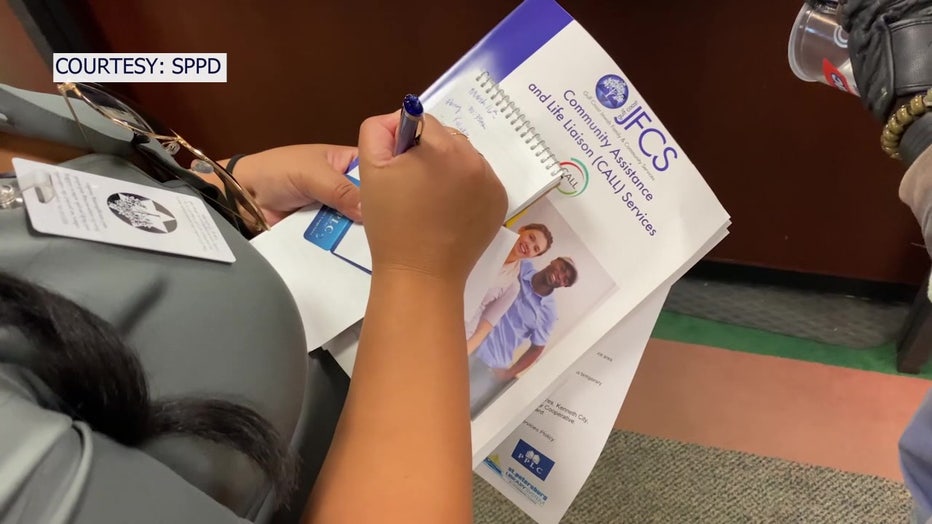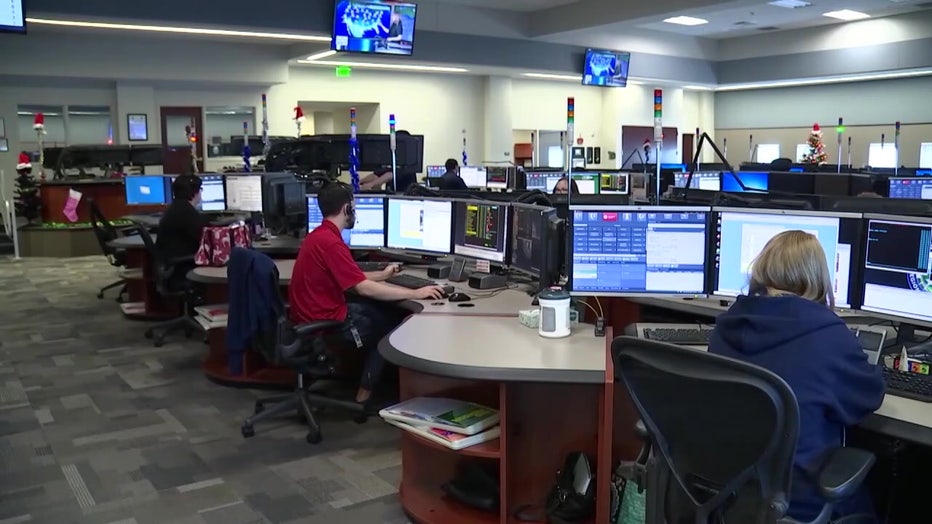St. Pete police want to expand program that diverts some 911 calls to social workers
ST. PETERSBURG, Fla. - The St. Petersburg Police Department is looking to expand its emergency call diversion program.
On Thursday, police asked city council to move forward with a three-year agreement that would extend and increase funding for the Community Assistance and Life Liaison (CALL) program. It was approved Thursday morning.
The CALL program has diverted thousands of 911 and emergency calls into the St. Petersburg Police Department to social workers.

CALL stands for Community Assistance and Life Liaison.
Program directors said it has exceeded expectations since it launched two years ago, in conjunction with Gulf Coast Jewish Family and Community Services.
"When people call our emergency communications division, whether it's 911 or the non-emergency line, they ask for the call team," Megan McGee, the Assistant Director of the Administrative Services Bureau.
READ: Dive boat and approximately $60,000 in equipment stolen from Bradenton dock, police say
McGee said the CALL team consists of different types of social workers and community partners, who answer the non-criminal and non-violent calls, such as mental health-related, youth-related, substance abuse-related calls and neighbor disputes.
She explained how a lot of these calls are better suited for a social worker with a specialized skill set. She said the CALL team steps in and responds to these calls, allowing police officers to respond to other criminal, violent or high intensity calls.

Social workers respond to calls so police officers are free to respond to more violent scenes.
The program is hoping to expand and secure more long term support from the city.
"The expansion will be to add a navigator pair," McGee said. "So that's two navigators and a clinical level supervisor. And that will provide additional hours until 2 a.m., seven days a week."
The St. Pete Police Department’s new proposed three-year agreement would add around $400,000 into the budget each of the three years.
READ: ‘It ended in tragedy’: Lakeland rapper shot at album release party, family says
The agreement would allocate more than $1.6 million to the CALL program each year. McGee said the current budget allocates more than $1.2 million annually.
Program directors say the benefits have been twofold.
"I think what really we see is a reduction in repeat calls from some individuals that were seeking mental health services," McGee said. "Now they have the right number to call in the right resource."
McGee said the CALL program has helped take thousands of calls off police officers’ hands.
This year, administrators say 91% of calls to the CALL team were answered without an officer.

CALL would get almost $2 million with the agreement.
They said 86% of clients attend a follow-up visit or appointment coordinated by the CALL program.
They say 93% of the CALL team’s responses resulted in a diversion from a crisis unit.
"Being able to support an expansion of it, it really does show just a great community embrace of this program," McGee said.
The police department is also looking to build a fund for other resources like bus passes, hygiene items and other necessities.
McGee said the CALL program is being recognized at a national conference for its work and expansion of the program.

